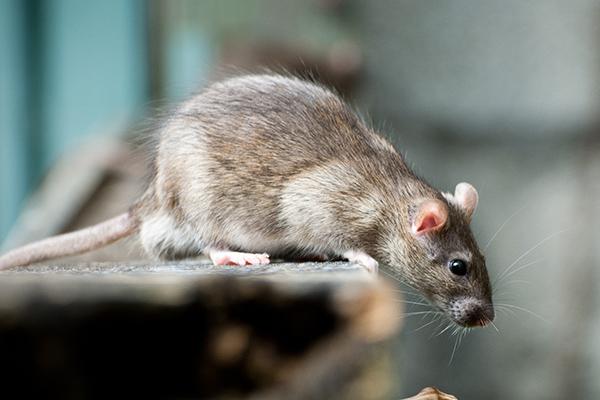In the bustling world of the culinary industry, maintaining cleanliness and hygiene is paramount. Rodent infestations can not only lead to substantial financial losses but also damage reputations beyond repair. Enter AI rodent control for restaurants a technological marvel transforming how eateries combat these persistent pests. As we delve deeper into this topic, we'll discover how restaurants, ranging from small cafes to large chains, are leveraging AI to keep their establishments rodent-free.

Why AI? Understanding the Rise of Smart Pest Control
Traditional extermination methods, while effective, often act only after the problem has been identified. In stark contrast, AI-driven solutions provide a proactive approach. AI rodent control for restaurants employs advanced technologies like machine learning and IoT devices to detect and mitigate potential infestations.
According to industry insights, this shift towards smart technology isn't just a trend but a necessity. Innovative solutions like smart mouse traps have already shown promising results in mitigating rodent issues in commercial settings.
Components of an AI-Based Rodent Control System
- Predictive Analytics: AI systems can predict rodent behavior and migration patterns, allowing restaurants to address issues before they manifest.
- Real-Time Monitoring: IoT sensors relay real-time data, ensuring continuous surveillance of vulnerable areas.
- Automated Traps: Unlike conventional methods, automated traps can differentiate between pests, ensuring targeted measures.
The Impact on Restaurant Operations
The incorporation of AI rodent control has profound implications for restaurants. Here's how:
Cost Efficiency: While the initial investment in AI technology might appear steep, the long-term savings from reduced infestations and fewer product losses outweigh the costs.
Customer Trust: Patrons are more likely to trust restaurants that visibly prioritize hygiene and cleanliness. AI solutions not only handle infestations but also serve as a testament to a restaurant's commitment to quality.
Moreover, establishments like bakeries have already seen positive outcomes after integrating AI pest control solutions.
Challenges and Considerations
Adopting AI rodent control isn't without its obstacles. Data privacy concerns, the significant up-front investment, and system maintenance present challenges. Restaurant owners must weigh these against the undeniable benefits. Additionally, it's crucial to collaborate with credible solution providers to ensure that the installed systems are both effective and reliable.
External resources like Western Pest offer comprehensive insights into the operational aspects of pest management technology.

Future of AI in Restaurant Hygiene
The future looks promising for AI in the food service sector. Advancements will likely include smarter algorithms and more integrated solutions, reinforcing the overall infrastructure of cleanliness. As technology evolves, we might soon see seamless integration of AI systems that not only control rodent problems but other aspects of hygiene as well.
Frequently Asked Questions
How does AI rodent control differ from traditional methods?
AI solutions offer proactive surveillance and predictive capabilities rather than mere post-infestation resolutions.
Are AI rodent control systems affordable for smaller restaurants?
While the initial costs can be high, many vendors offer scalable solutions that can be tailored to fit smaller budgets.
How reliable are these AI systems?
Partnering with reputable solution providers ensures both reliability and consistent performance.
This article contains affiliate links. We may earn a commission at no extra cost to you.
